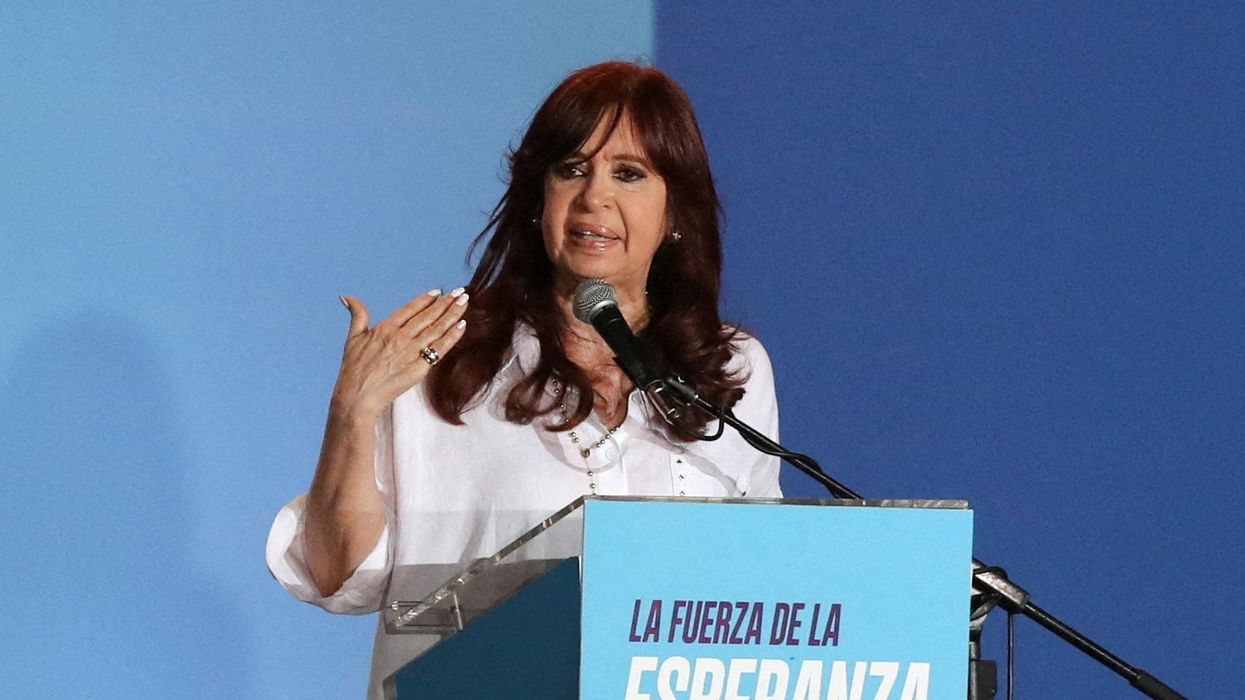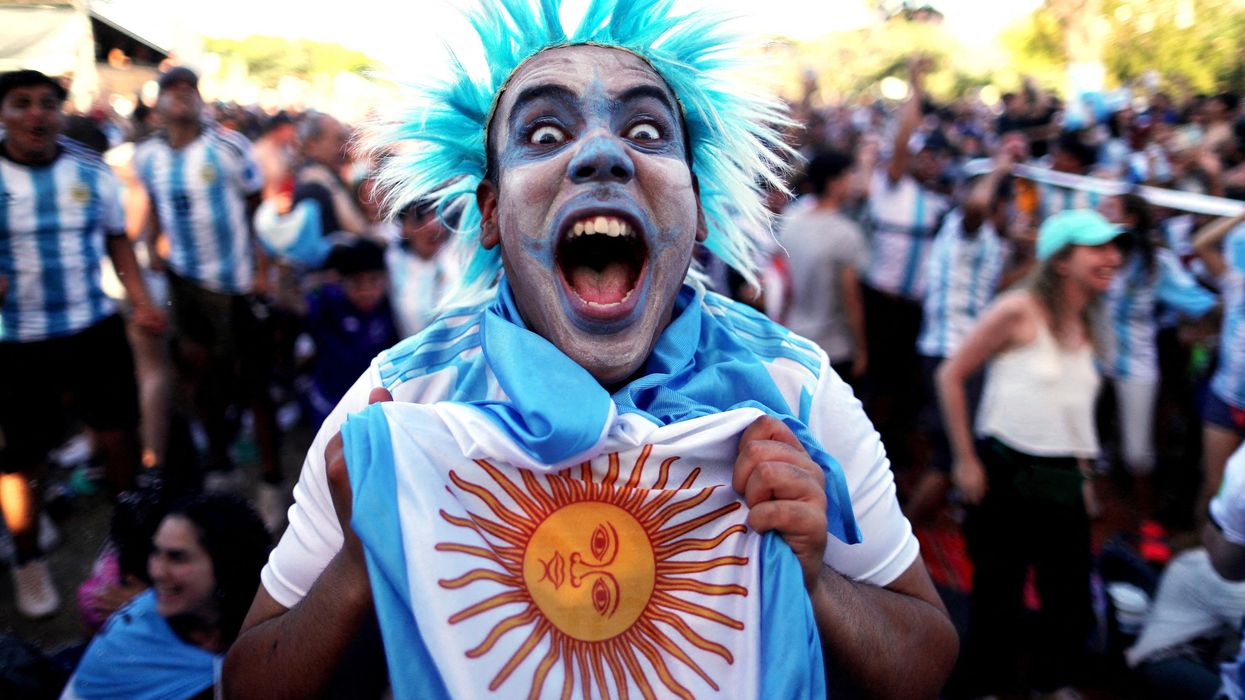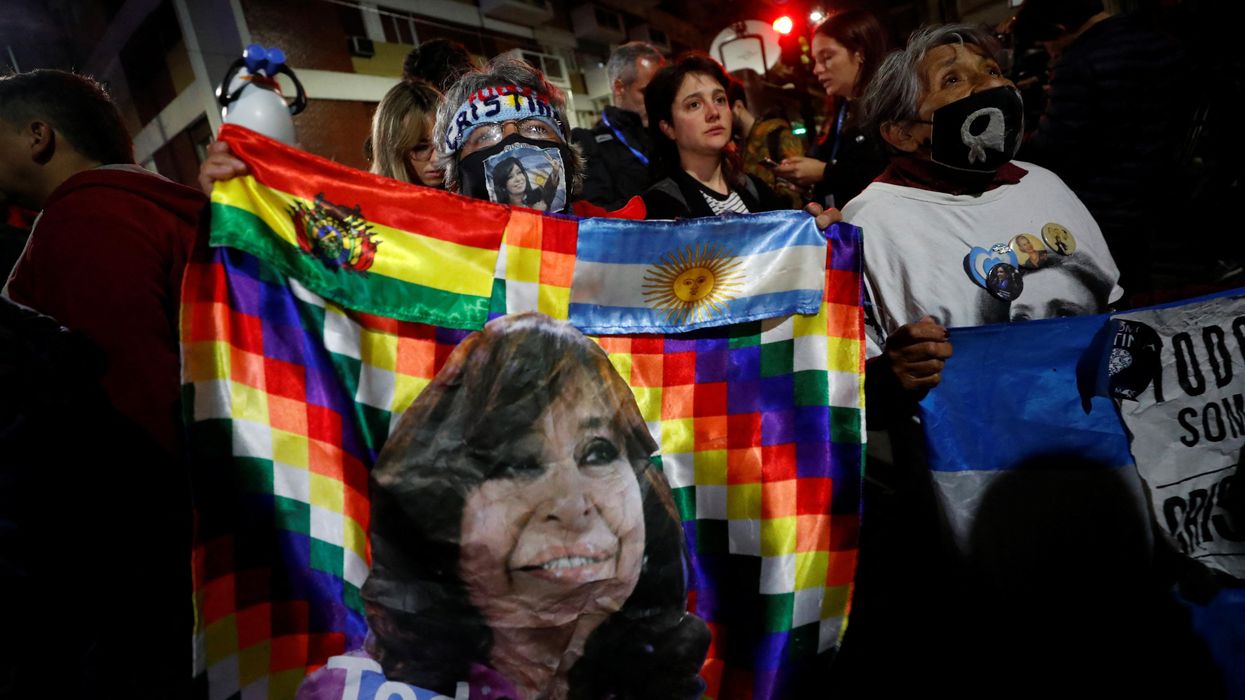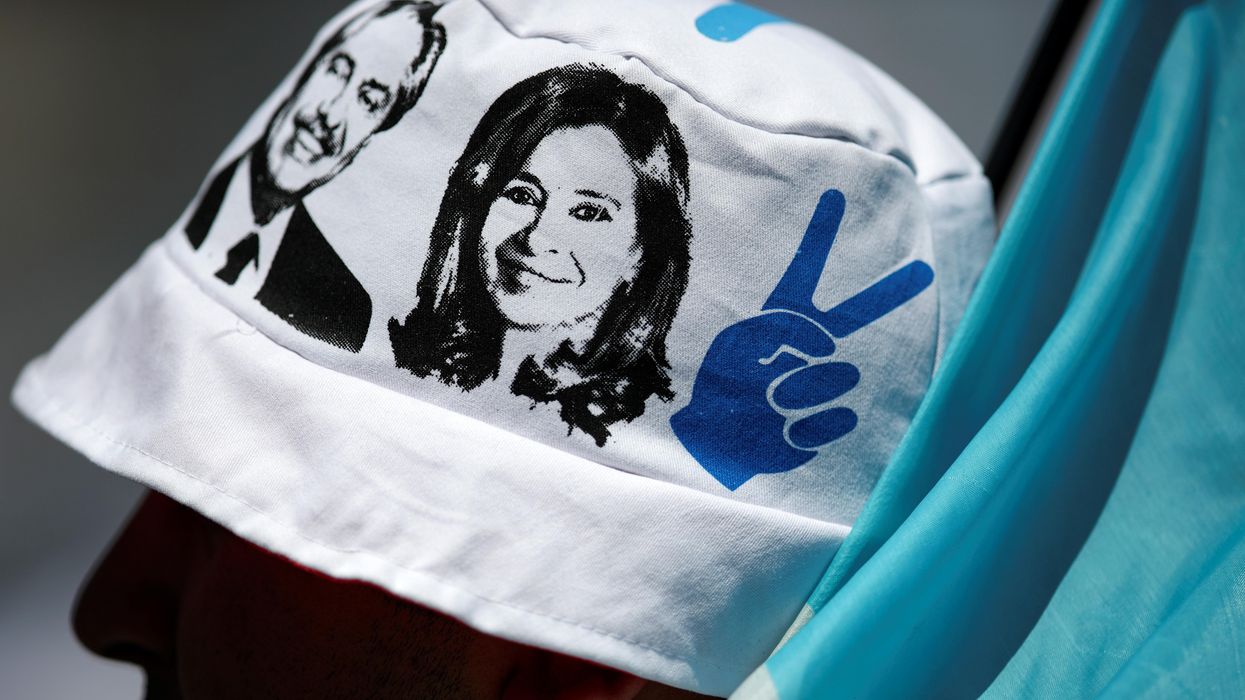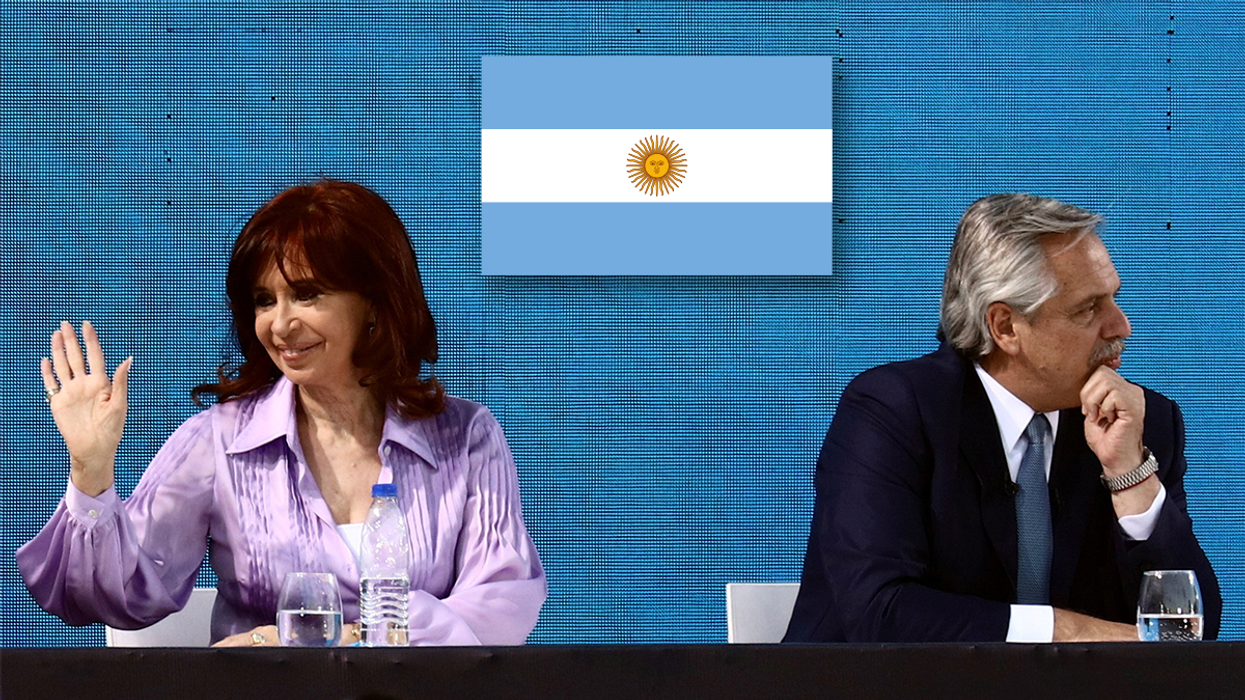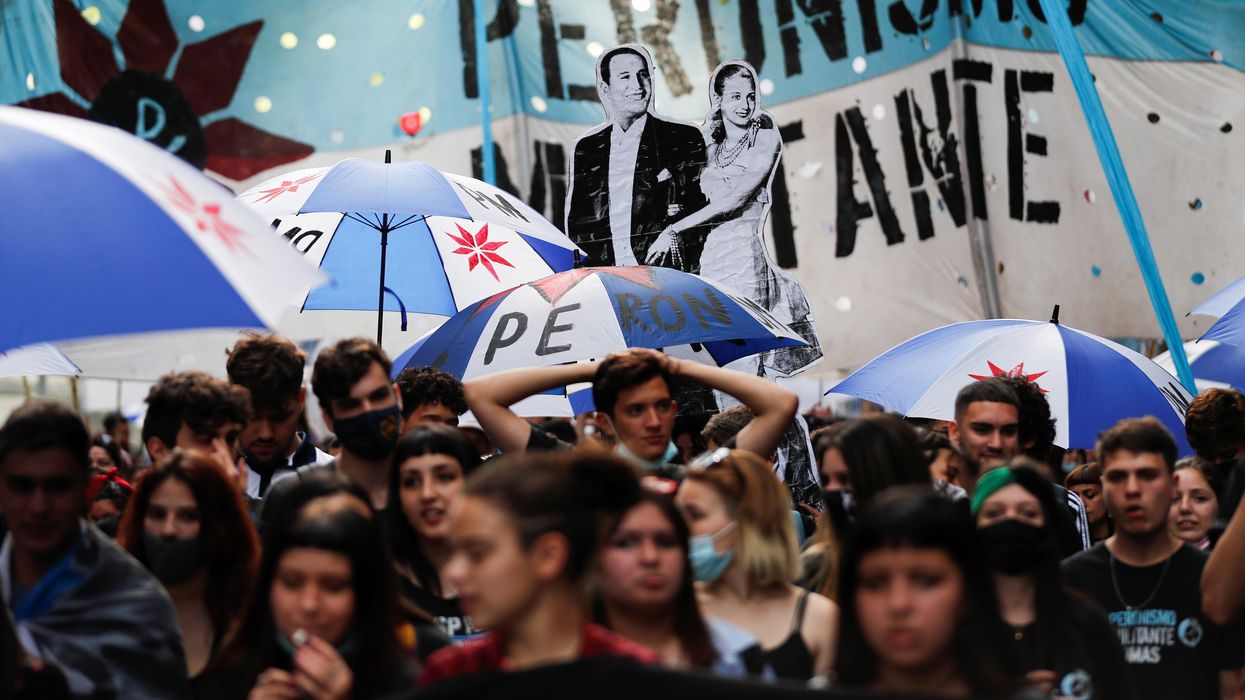US & Canada
What We’re Watching: Argentina VP’s guilty verdict, NY goes after Trump, a Sudanese agreement, sex ban in Indonesia
What We’re Watching: Argentina VP’s guilty verdict, NY goes after Trump, a Sudanese agreement, sex ban in Indonesia
Dec 07, 2022
